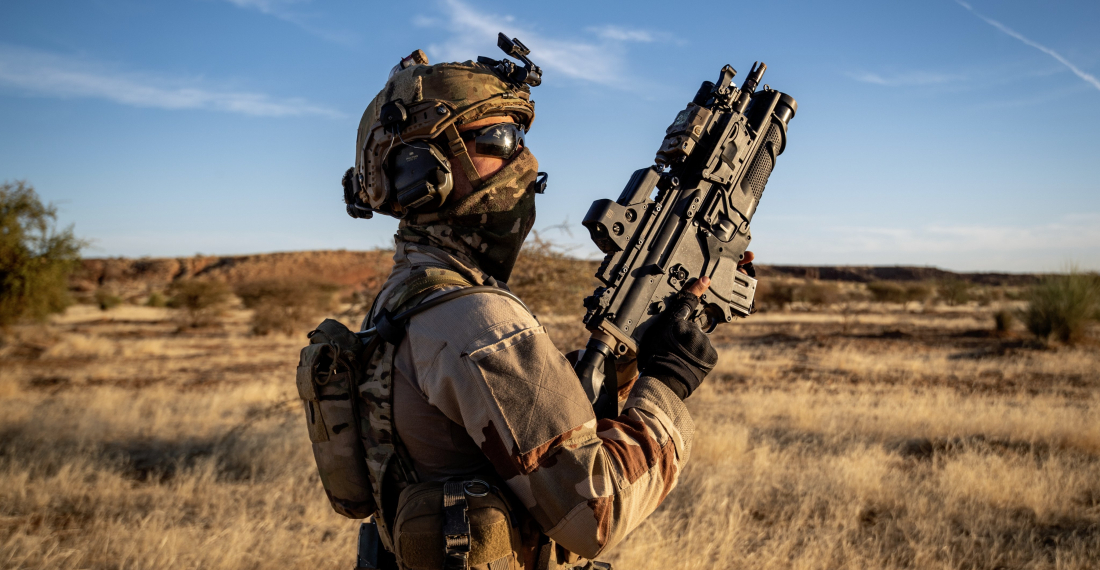Last week, French President Emmanuel Macron appeared to be positive to the idea of withdrawing some troops from Africa’s Sahel region, suggesting that France could “adjust” its operations after successes against militants and the arrival of the joint European backed Takuba force.
France is the largest European country in terms of counterinsurgency operations in the Sahel. Paris currently has 5100 soldiers in the Sahel and it will decide on the adjustment by next month.
Macron highlighted the success of the French troops in an earlier speech to the military on the Eve of New Year.
“The results obtained by our forces in the Sahel, combined with the greater intervention of our European partners, will allow us to adjust our effort,” he said, referring to the arrival of special forces from various European Union countries in recent months.
An opinion poll published last week showed for the first time that the majority of French people oppose the operation in the Sahel. That has put pressure on Macron to consider a bigger withdrawal before a 2022 presidential election.
On the Malian side, there is also opposition towards the French presence. Last week, a protest against the French military role was quelled by security forces, in the capital Bamako. Bamako’s city hall had earlier banned the protest against the French military, citing Covid-19 restrictions. France’s military presence in Mali is frequently criticised on social media and by civic leaders in Mali. Activists also stage occasional demonstrations in Bamako against French troops.
Nonetheless, the situation in the Sahel remains fragile. Five French soldiers have been killed in Mali this year and four U.N. peacekeepers were killed there last week. Malian security forces lost soldiers in recent attacks while militants have gained new territories and stoked violence in Mali, Nigeria and Burkina Faso.
The United Nations Under-Secretary-General for Peace Operations has insisted on the need to adapt rather than reducing troops.
Speaking to AFP in Bamako, Mali, Jean-Pierre Lacroix said "It's not a question of numbers, it's not a question of more or less, it's a question of permanent adaptation, and it's a work in progress."
Lacroix is visiting Mali to assess the peace process. He will be also meeting the transitional authorities put in place by the military after the August 2020 coup.
The UN-Under Secretary-General is hoping that the new U.S administration will continue its support for peace operations to the crisis in the region. The arrival of President Joe Biden has raised hope in the international community of the return of the United States to global affairs.
Source: commonspace.eu with AFP (Paris) and agencies.
Picture: French Paratrooper commando in Sahel. (Twitter: @towersight).






